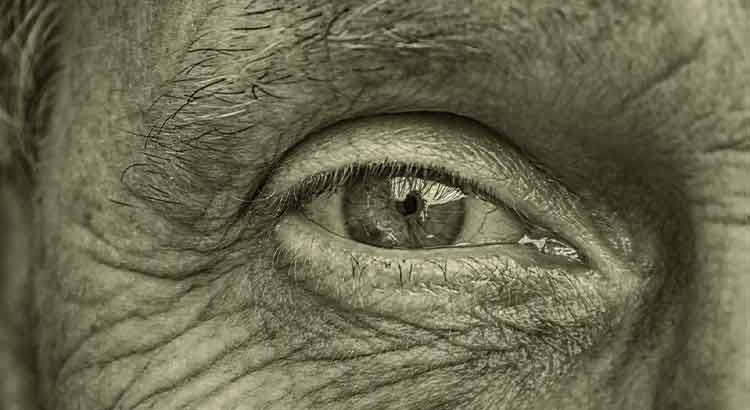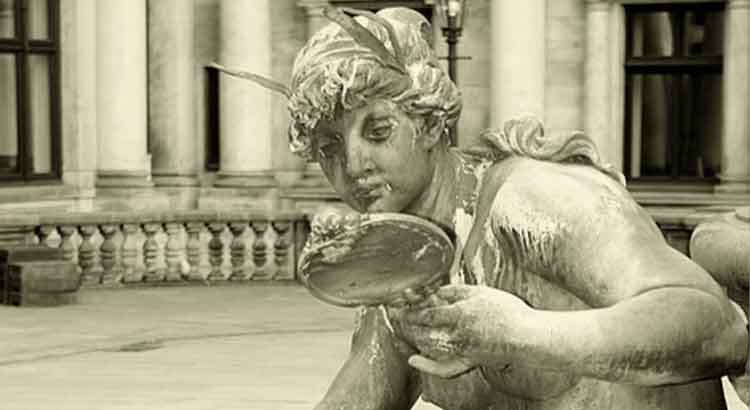Vladimir Nabokov is an author who shakes me like few others. His Lectures on Russian Literature have given me a very strong and ambiguous impression. Then, interviews, like that of the Paris Review, consolidated the image I have in mind of him: a giant, but of an arrogance that escapes my understanding. And I simply do not understand some stones thrown by Nabokov, as in Dostoevsky in particular: I remain on the wall judging them envious or expressing intellectual honesty. Whatever: my mind suffers from this unbearable need for judgment; I do not. For I open Lolita and, repeating what I said a few days ago: one page is enough to perceive myself before a great writer, one page is enough to impress me with wonderful, elegant prose, brilliant in style and powerful in content. Nabokov’s prose, in Lolita, is endowed with the body that the English language seems to lack. And that is not the only reason why the work shines: Nabokov teaches the pairs of his century that writing about moral corruption does not demand the corruption of the language. Lolita digs deep: these are frightening pages about the psychology of a pedophile, ambiguous from the beginning, either by the controversial moralism, or by the behavior of Humbert Humbert, the protagonist, who oscillates between sarcasm, love, dissimulation, and desire, terribly corrupting a young girl and installing in our heads the infamous doubt: has he really corrupted? The mere questioning is the confession of immorality that inhabits our minds. And the masterpiece is the full proof that in man the hideous mixes with the sublime.
____________
Read more:



